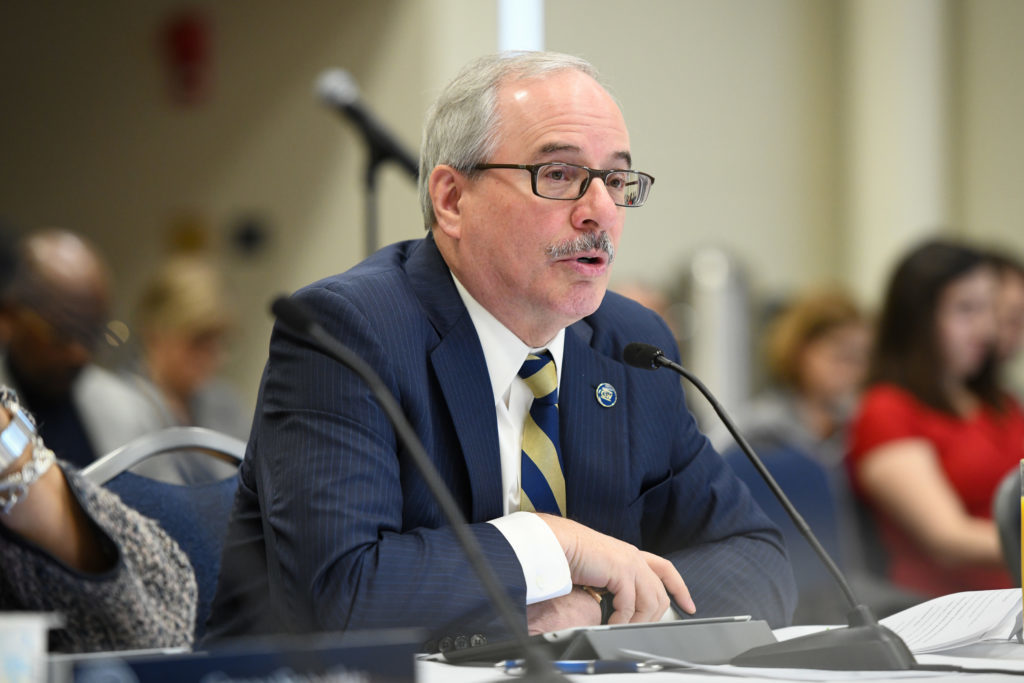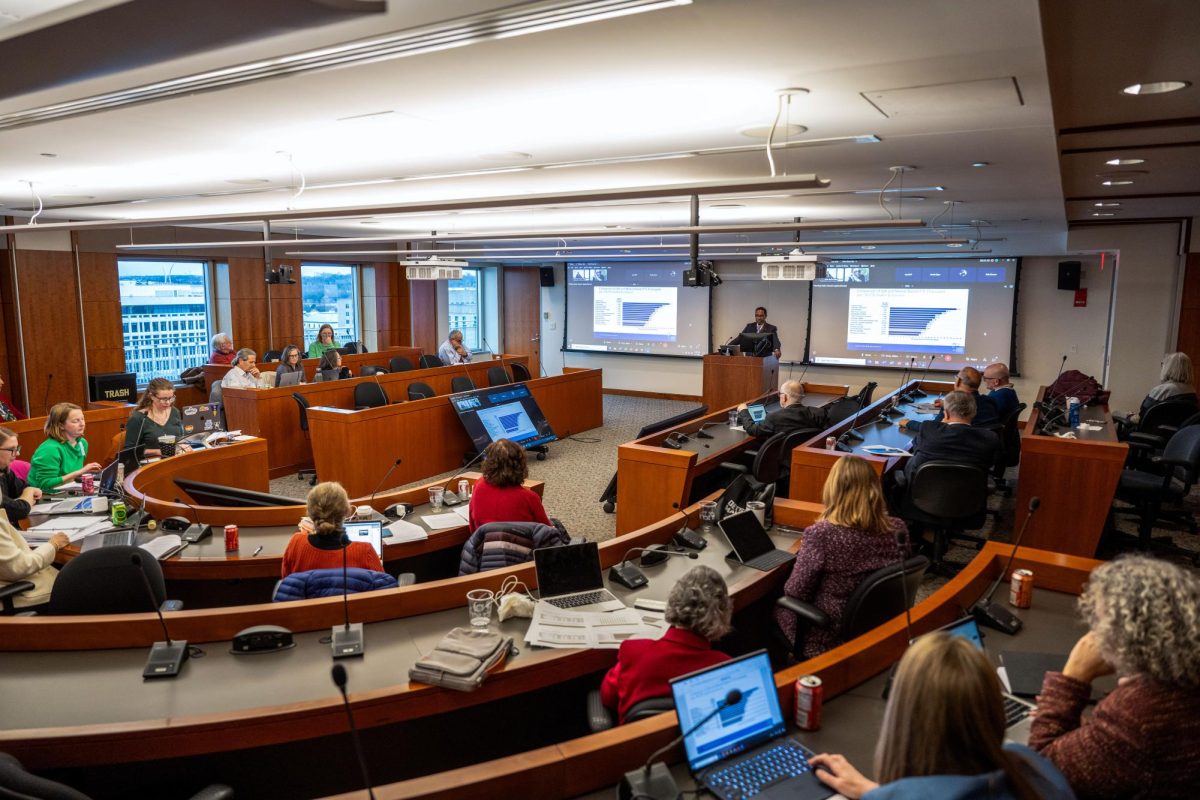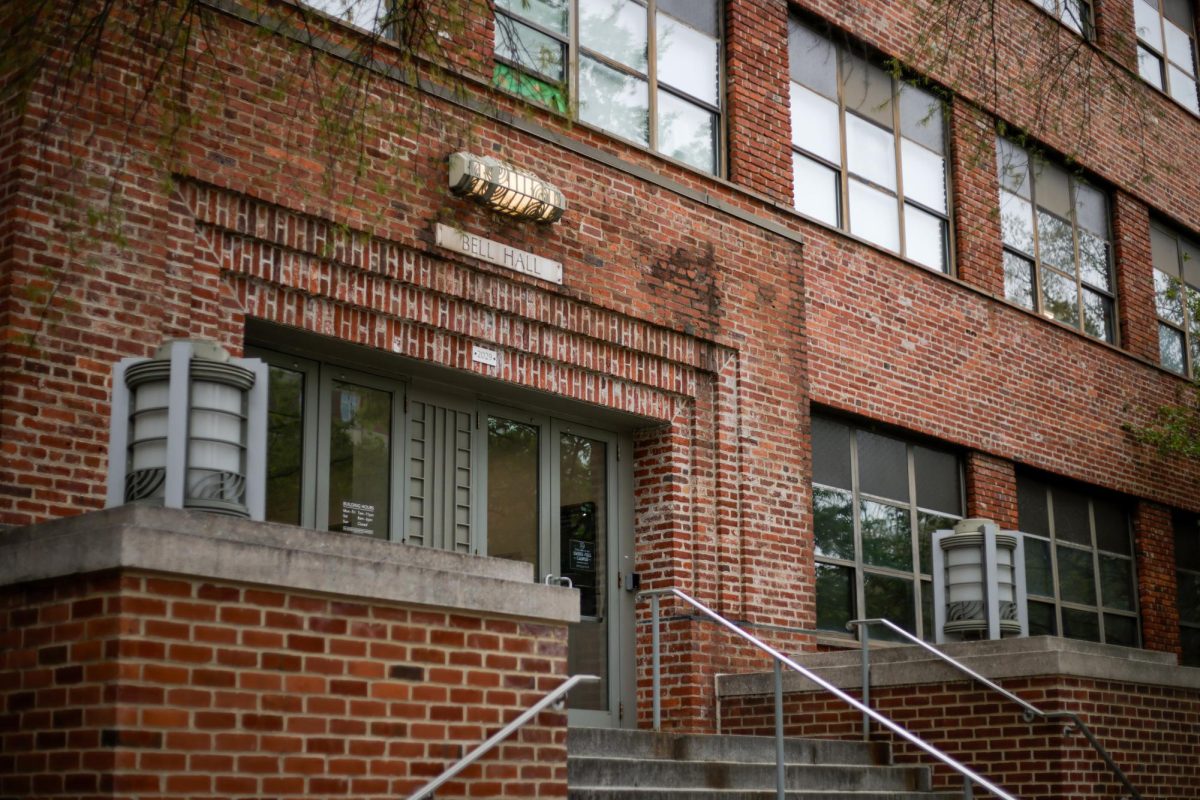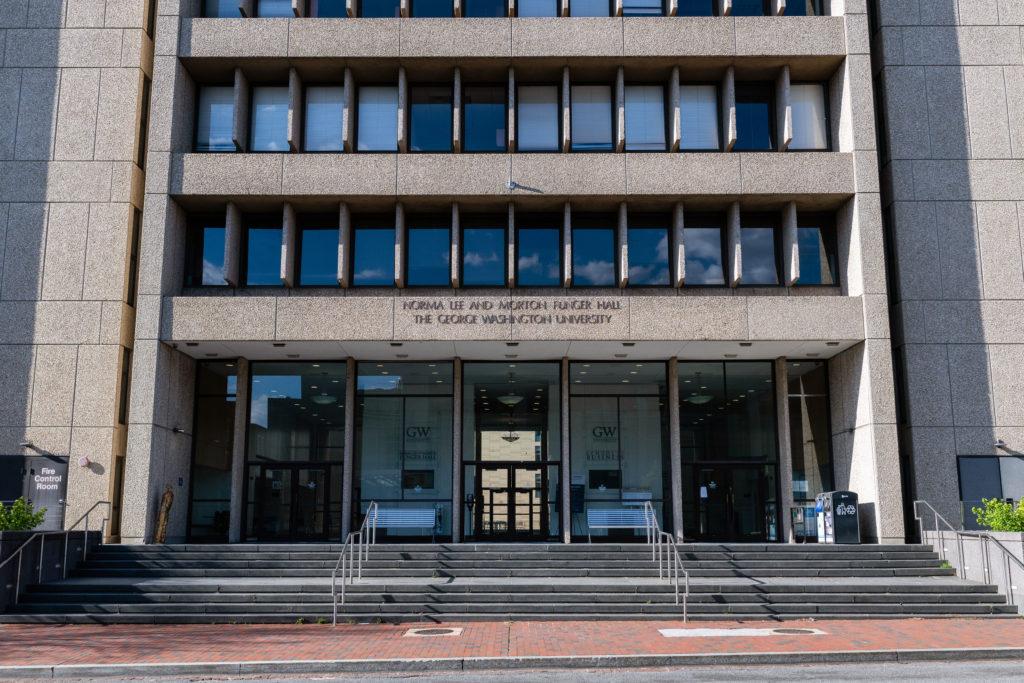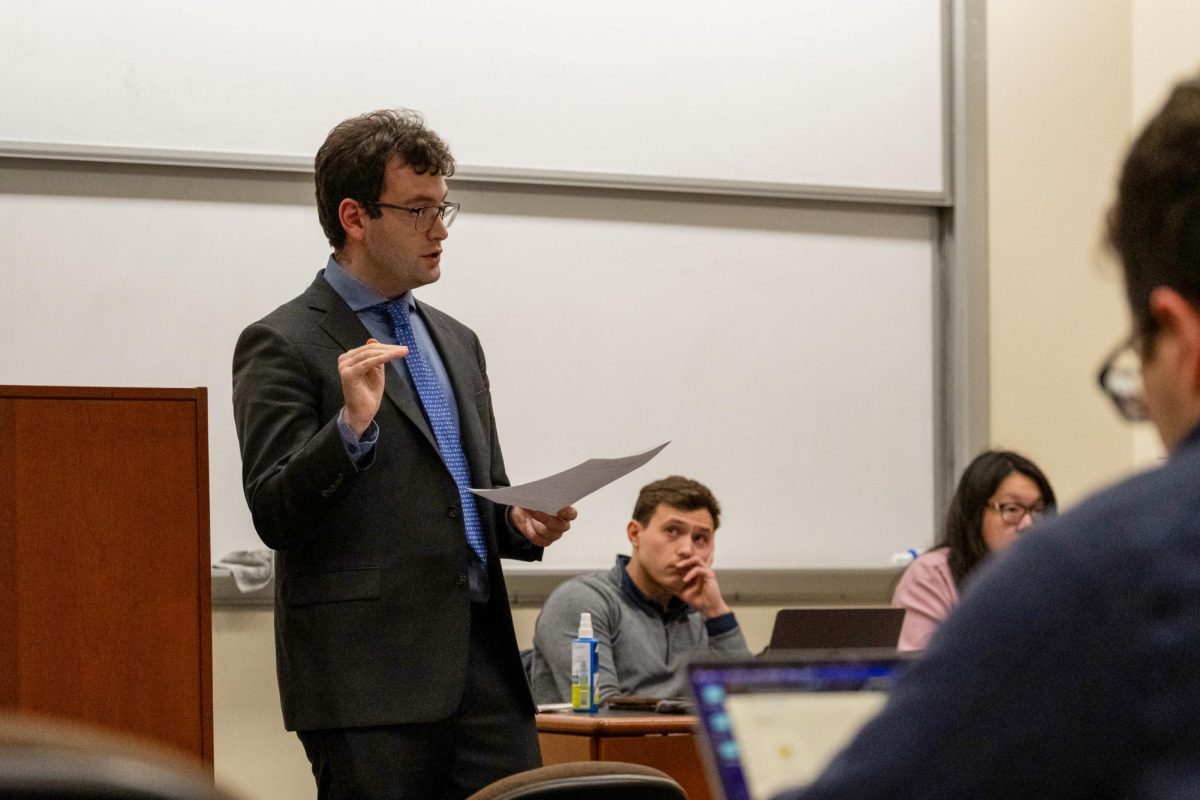The COVID-19 pandemic is estimated to cost GW $38 million through June 30 based on the latest data available, University President Thomas LeBlanc said.
LeBlanc said Thursday that GW faces “significant financial costs” as a result of lost revenues and unplanned expenditures associated with the spread of the virus, like packing and storing students’ belongings over the summer and partially reimbursing students for housing expenses, the latter of which cost GW $18 million. He added that the total cost to GW from the pandemic may change as officials make additional decisions to promote the community’s health.
“We’re trying to, first of all, focus on the health and safety of our community, so all the decisions we’ve made have started from that perspective,” he said. “After that, we’ve tried to focus on taking care of the members of our community to the best of our ability. And then, and only then, do we focus on cost and how we’re going to manage the costs.”
Administrators have also announced that they will reimburse students for their dining plan and on-campus parking expenses, which they can request via an online form.
LeBlanc added that he plans to brief the Faculty Senate at its April meeting Friday about the virus’s impacts on GW’s operations and finances.
Officials implemented a hiring freeze and suspended most capital projects last week to ensure the University maintains enough funding to continue daily operations in the wake of the pandemic.
He added that the lost revenue projection does not account for the virus’ financial impact beyond June 30 – the end of the University’s fiscal year – like changes to enrollment in fall of 2020. Officials said at the March Faculty Senate meeting that they expect the number of international students in next year’s freshman class to drop as a result of the pandemic, which would likely decrease the revenue GW earns from tuition.
LeBlanc said the potential impacts on summer classes and programs could exacerbate the total cost to the University of the virus, adding that officials are close to reaching a decision about summer programs that may be released early as Friday.
“For summer, it’s not only the academic program, but also summer is a time of a lot of experiential learning in D.C.,” he said. “We have a lot of students – some GW and some not GW – living in residence halls during the summer. So you have to think through the impact of that as well.”
LeBlanc said the federal coronavirus spending package passed last week will provide some financial relief, but the amount GW will receive is “far less” than the anticipated costs. GW could receive up to $10.7 million in funding from the legislation, according to a Hatchet analysis.
LeBlanc added that the legislation did not go far enough to provide relief to higher education institutions and students.
“I think the country and Congress knows that too,” LeBlanc said. “And I think they’re having additional discussions.”
He said officials have spoken with organizations that represent higher education institutions about the impacts of the virus on GW’s students and finances. He cited the approximately $50 billion relief proposal submitted by more than 70 higher education groups – including at least three that list GW as a member institution – as an example of those groups’ efforts on behalf of colleges and universities.
“I think it’s the case that they’ve done great work to hear from us what the real impact was and tried to get that from Congress,” he said. “The first go around, it didn’t happen.”


